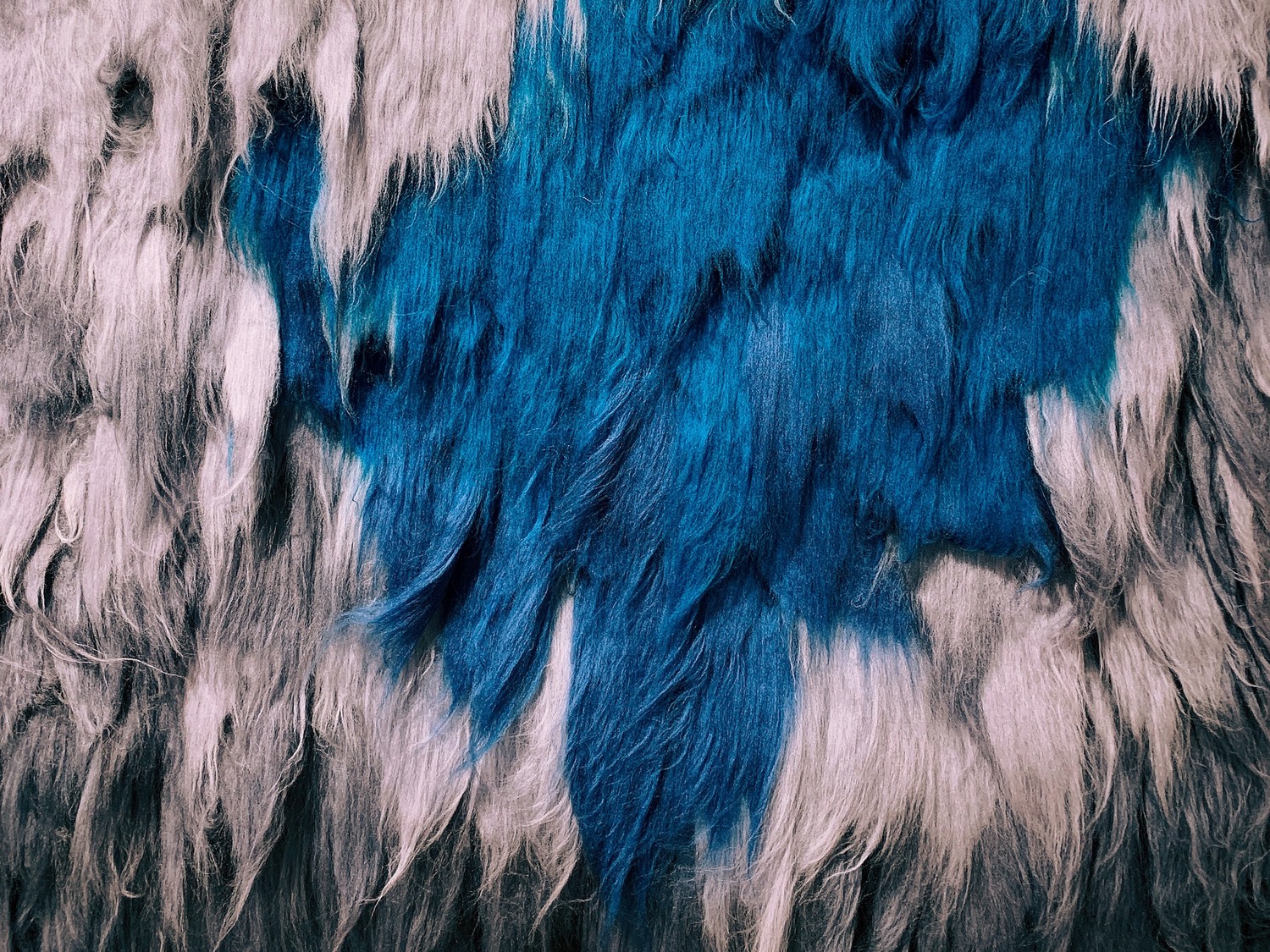
Remember Who You Are
I am all too good at forgetting.
I was not a reader growing up. My domain was sports, music, video games, and bike rides with my friends on the nearly three-hundred-acre retreat center where my family lived and worked. If I had to name a favorite book from my early adolescence, it would be Mitch Albom’s Fab Five about the explosive and norm-bending University of Michigan men’s basketball freshman class of 1992. I was captivated with the rise—and fall—of such individuality and cultural expression that seemed so foreign to my conservative, rural, midwestern upbringing.
It wasn’t until my sophomore year of college when I first discovered the pleasure of getting lost in a good piece of fiction. My English Literature class introduced me to stories that I simply hadn't encountered before. Stories where things didn’t end well for the main characters. Stories where black and brown people were central to the telling and white men, like me, veered closer to the villain, or at least invited the reader to question the moral authority of white missionaries (thank you, Chinua Achebe).
And now, as a father of two young boys, much of my experience with good stories over the past decade has been in the realm of children’s literature. When our oldest was five, we began an evening ritual of reading aloud as a family before bedtime. Typically, we finish up our dinner, clean the kitchen, make sure the boys are in their jammies, and then we’re transported to another world full of tales beyond the Upper Midwest. The evening ritual of reading aloud has shaped our family life together more than anything else simply by inviting each other into the wonder of experiencing the world of another.
Lately, we’ve been working through The Wingfeather Saga by Andrew Peterson. You may know Peterson from his lauded music career. He’s a creative and compelling songwriter, who has been releasing narrative-driven albums for the past twenty years around life, faith, family, depression, and the full range of the human experience. He’s a gifted songwriter and storyteller.
What I didn’t know until a couple of years ago was how equally gifted he is at writing stories for children. A good story can situate one rightly in the world. A good story can help us come closer to the deepest, most true things about our lives, our world, our assumptions, and ourselves. A good story can invite us to rethink who is good, and who is bad. A good story draws us into awe and wonder. A good story can also help us remember who we are. And Peterson writes good stories.
The Wingfeather Saga is a four-book series that centers around the Igiby family, specifically the three children: eleven-year-old Janner, ten-year-old Tink, and eight-year-old Leeli. The series is set in a world that is not our own and in a time that could be described as pre-industrial. The story follows the dramatic narrative of the three children along with their mother and grandfather as their ordinary lives are turned upside-down. Murderous Fangs of Dang (human-like lizards) pursue throughout the land of Aerwier.
A central theme running through all four books is family identity. Over and over again, the Igiby children have to remember the source of their identity—often through the repeated mantra “Remember who you are.” At times I’ve read those words and have been overcome with emotion. As a father, I desperately want to impart to my own children the grounding of their identity. I want them to remember who they are in terms of our Christian faith, our family, our fidelity to each other, our values, our practices, and to our neighbors. I want them to situate their identities in the larger story that is unfolding around us, told by the creator of all things. The Wingfeather Saga helps me invite my children to consider how their lives are connected to a larger story, and how that larger story tells us who we are, especially during difficult times when we question everything around us.
When we’re feeling lost and alone, remember who you are.
When we’re overcome with anger or despair, remember who you are.
When shame or regret come crashing into our hearts, remember who you are.
Stories like The Wingfeather Saga orient our imaginations rightly, and, in doing so, realign our hearts and minds. Stories like these invite us into a posture of humility, where we are not the main characters in the unfolding drama of the universe. Stories like these draw us into wonder, where we are reminded of what is most true by reading the make-believe. Stories like Wingfeather help us “remember who we are.”
I am all too good at forgetting. I’m quick to center my own desires in the middle of the story I am living, and to judge those around me based on how they are serving my own ends. Getting lost in children’s literature, especially formative stories like The Wingfeather Saga, remind me that I am not the storyteller and that the story is not about me. Stories like Wingfeather draw me into wonder and situate me rightly in the world. They help me remember who I am.
Cover image by Jon Tyson.

